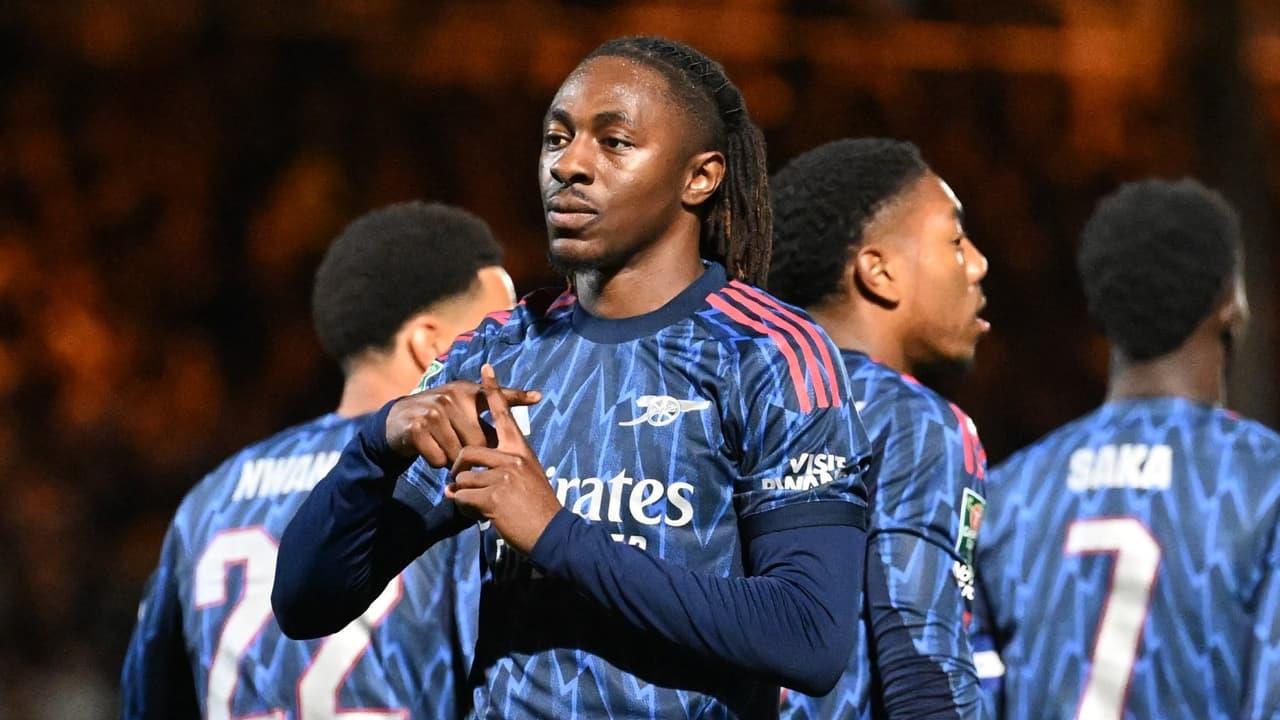
Why Eberechi Eze's Arrival At Arsenal Was A Blow Spurs Didn't See Coming
In the weeks preceding Daniel Levy's surprising departure from Tottenham Hotspur in September 2025, Premier League insiders noticed signs that made this exit less shocking. Vivienne Lewis, daughter of former Spurs owner Joe Lewis whose shares are held in a family trust, had become a visible presence at matches, displaying an unusual openness and cheerfulness that suggested a shift in club dynamics. This change contrasted with the fact that many rival executives had never met her, highlighting an impending transformation. The sentiment among insiders was that Levy's position had become untenable.
Levy's absence is already starkly felt, especially with former Arsenal CEO Vinai Venkatesham now operating at Tottenham, symbolizing a fresh leadership phase. This change aligns with Arsenal's increased reliance on Josh Kroenke, son of Arsenal owner Stan Kroenke, signaling a generational shift in Premier League club ownership from billionaires to their heirs.
Historically, football club ownership has seen family successions, but this current US-style corporate transfer of power carries distinct implications. Sources within Spurs acknowledge that the Lewis family, including Vivienne, her brother Charles, and son-in-law Nick Beucher, have been involved for some time but only now are taking center stage in the club's operations.
This evolving ownership dynamic has drawn comparisons to the TV drama "Succession," reflecting a broader Premier League culture shift where heirs of billionaire owners increasingly control club decisions. Some executives even argue that such governance changes should be scrutinized by football's regulatory bodies to ensure corporate accountability.
The Lewis family's growing control contrasts with earlier reports suggesting they might sell Tottenham; however, recent information indicates they have rejected at least two acquisition offers, including interest from Qatar, confirming their commitment to remain engaged. Premier League sources note the allure of football ownership for these heirs goes beyond wealth, often seen as a proving ground to demonstrate competence to their parents.
The departure of Levy, the longest-serving Premier League executive and a figure credited with transforming Spurs from a middling side to Champions League finalists with a world-class stadium, marks the end of an era. While his control was extensive and sometimes controversial-particularly concerning transfer strategies and club culture-his influence on Spurs' rise is undeniable.
Changes at Arsenal
Meanwhile, Arsenal has undergone its own internal struggles with leadership consolidation. Josh Kroenke and Richard Garlick, the young CEO, now lead Arsenal's executive team, navigating the challenge of maintaining progress as the Kroenke family's role solidifies. The boardroom saw tension, especially between Kroenke and Lewis, who had been pivotal in restoring Arsenal's competitive edge through initiatives like the "Football Leadership Team," involving close collaboration among executives and coaching staff.
Lewis's departure in September, shortly after key recruitment decisions, left many in football surprised, with insiders crediting him for much of Arsenal's resurgence. His exit highlighted the difficult father-son dynamics common in family-owned clubs, with Kroenke seemingly eager to assert greater control.
Life without Levy's leadership
Tottenham, now under renewed scrutiny, is adapting to life without Levy's hands-on leadership. While the Lewis family plans to avoid micromanagement, they are building a management team around Venkatesham with broad expertise. The Premier League watches closely to see how this new governance affects Spurs' future strategies and their rivalry with Arsenal.
As football ownership increasingly resembles complex family businesses, the Premier League faces evolving challenges. The shift from founder-era leadership to multi-generational billionaire families brings corporate complexities, altering the culture and politics of English football.
This transformation prompts questions about football's future: will it continue to be shaped by states, private equity, billionaires, or their heirs? Premier League meetings are said to have become more corporate, with distinctive voices like Steve Parish representing a dwindling minority of original club founders and local stakeholders.
Legal Disclaimer:
MENAFN provides the
information “as is” without warranty of any kind. We do not accept
any responsibility or liability for the accuracy, content, images,
videos, licenses, completeness, legality, or reliability of the information
contained in this article. If you have any complaints or copyright
issues related to this article, kindly contact the provider above.


















Comments
No comment